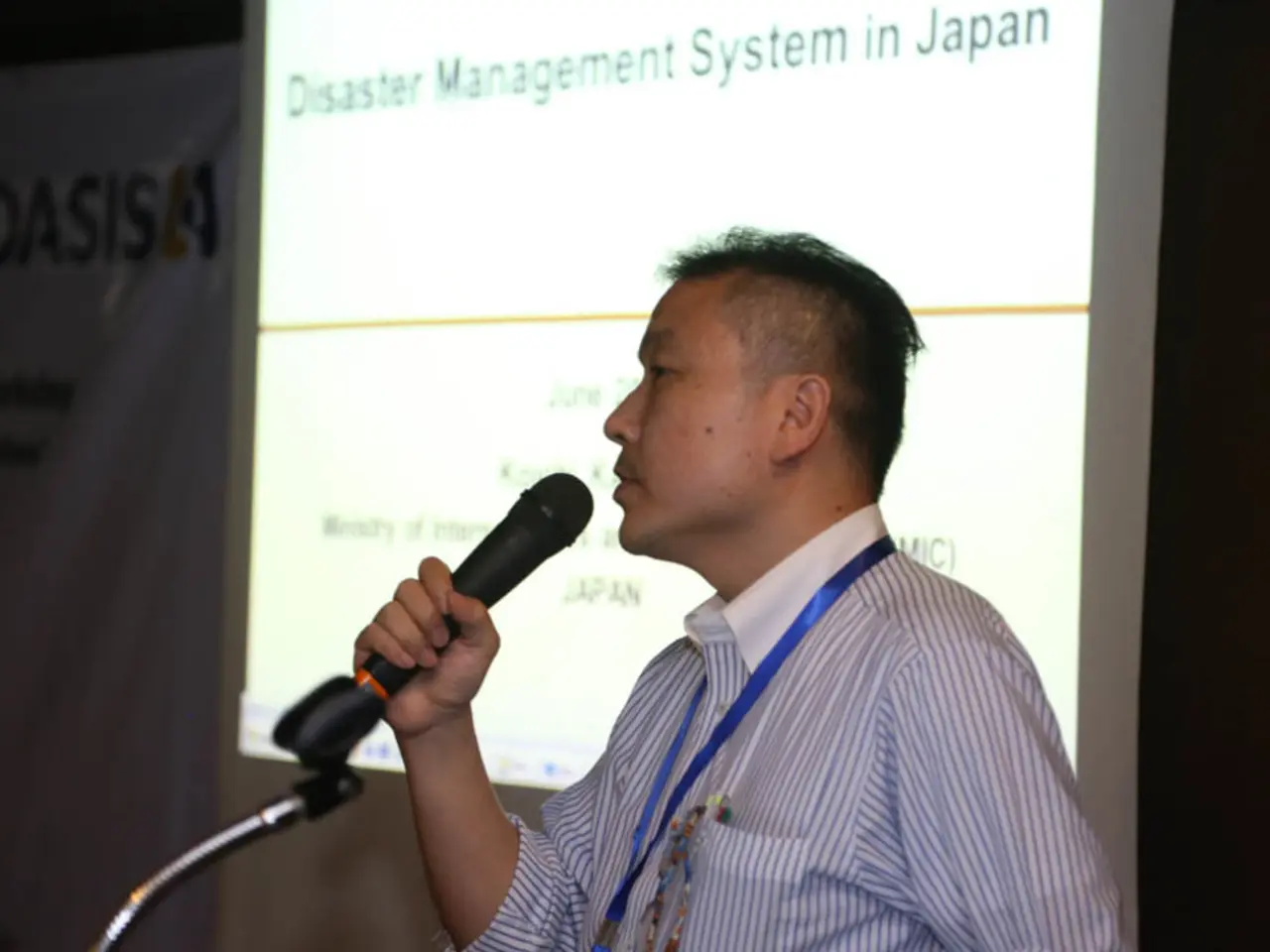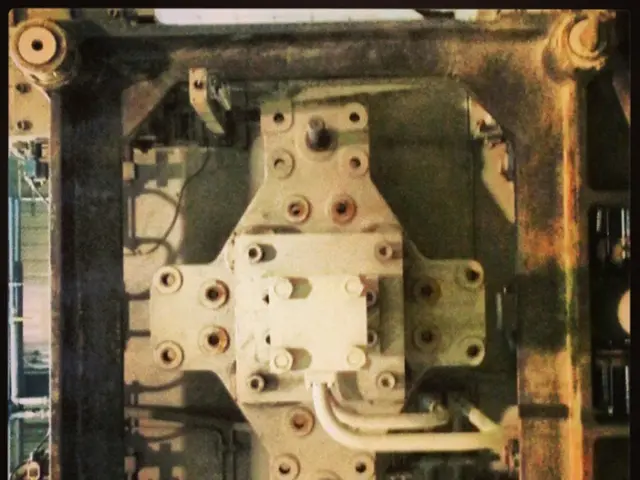"Analysis of Japanese Businesses by Independent Expert Pavel Ryabov"
In a comparison of the economies of Japan and Russia, it is evident that Japan's corporate sector is more diversified and resilient, particularly in manufacturing, commercial services, and consumer goods production.
Japan's corporate sector benefits from a broad industrial base including advanced manufacturing, technology, and services. Despite facing ongoing supply chain disruptions due to geopolitical risks and physical risks, Japan has shown adaptability with growing investments in digitalization and human capital. This supports productivity growth and potential economic expansion, with corporate profits and business investments expected to improve with domestic and external demand recovery [2][3].
In contrast, Russia's economy remains heavily dependent on energy exports, especially oil and gas, which constitute a significant portion of government revenues. While there are government efforts to diversify, actual economic diversification remains limited. Russia faces recessionary pressures entering 2025, with shrinking output and risks of stagflation despite some marginal industrial production improvements [4][5]. Its corporate profits have seen volatility, influenced by global economic slowdowns and geopolitical stress, reflecting less resilience in diversified sectors like manufacturing and consumer goods compared to Japan [1][5].
A summary comparison of the two economies reveals that Japan's corporate sector is more diverse, with a strong emphasis on digitalization and human capital, while Russia's is predominantly energy-focused and limited in economic diversification despite policy efforts. Japan's corporate sector is also more resilient to global slowdowns, with moderate slowdown expected and quick recovery supported by investment and innovation, while Russia is on the brink of recession in 2025 [2][3][4][5].
The largest sectors in Japan, manufacturing, commercial services, and consumer goods production, are relatively stable and growing, albeit at slower rates than the past two years. In comparison, Russia's manufacturing sector is constrained by sanctions, geopolitical tension, and dependence on energy.
Profit growth in Japan's corporate sector was 7.3% in 2015, driven by the utilities sector returning to profit after industry transformations post-Fukushima. In Russia, profit growth was 2.7%, but it has seen volatility influenced by global economic slowdowns and geopolitical stress.
Japan has a lower concentration of assets in raw materials and utilities compared to Russia. Japanese corporations are gradually reducing their debt burden, except for telecoms and utilities, which traditionally have low asset-to-equity ratios. Revenue in yen (nominal) for all types of companies grew by 1.3%, and excluding raw materials and utilities, it grew by 3.3%.
In comparison, in Russia, 92% of assets come from raw materials and utilities, with 87% of revenue coming from these sectors. This heavy dependence on raw materials and utilities makes Russia's economy more vulnerable to global economic shocks.
The comparison is based on data from public non-financial companies in both countries. It is clear that Japan's corporate sector displays stronger resilience and diversification in manufacturing, commercial services, and consumer goods production, whereas Russia's remains heavily tied to energy exports and faces greater vulnerability to global economic shocks.
Japan's corporate sector investments in digitalization and human capital have led to expected improvements in corporate profits and business investments, given the recovery of domestic and external demand [2][3].
However, Russia's reliance on energy exports for significant portions of government revenues, along with constrained manufacturing sector due to sanctions and geopolitical tensions, suggests less financial stability for its corporate sector [4][5].




